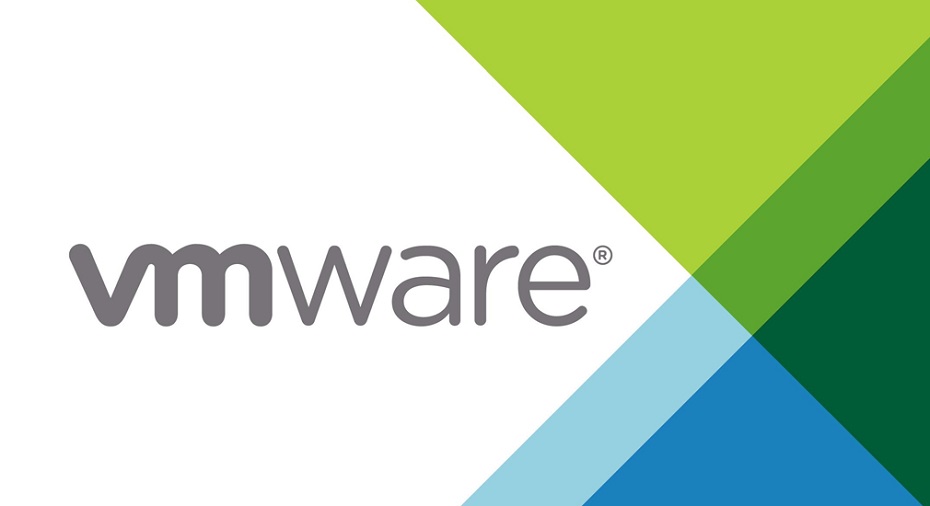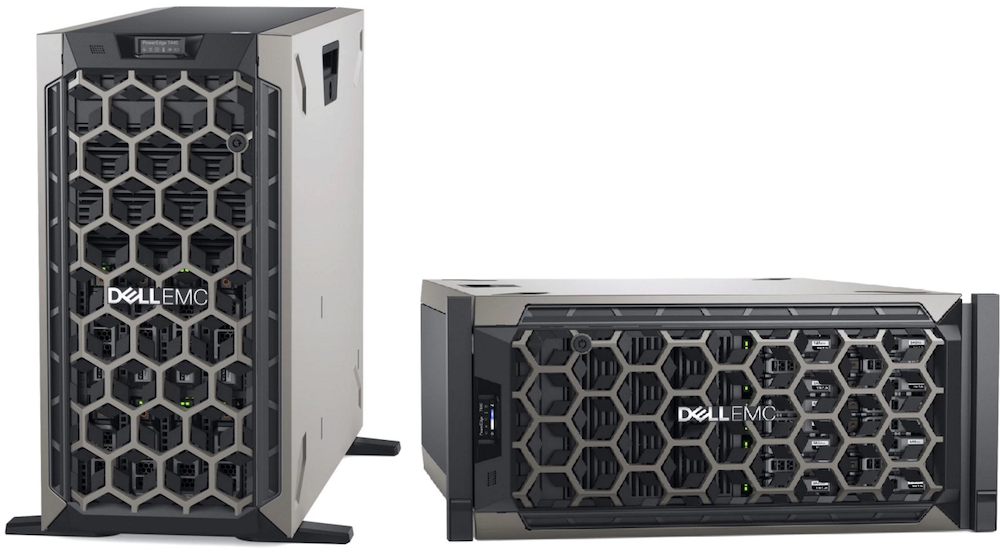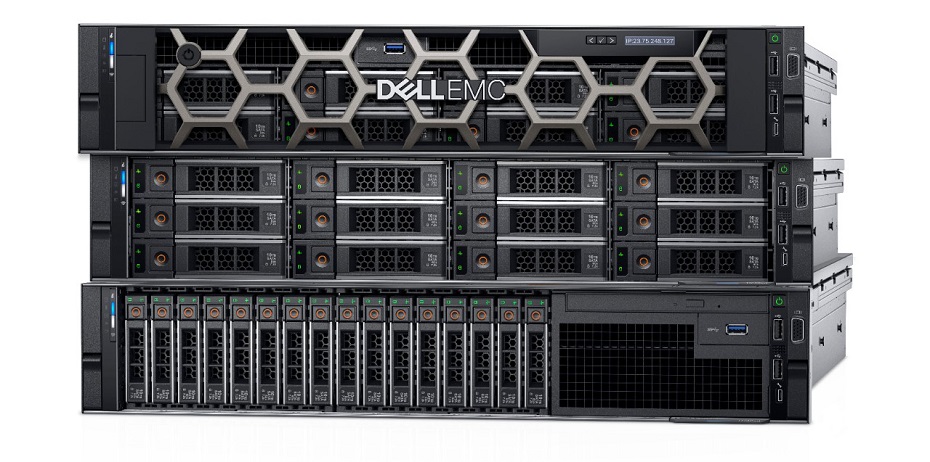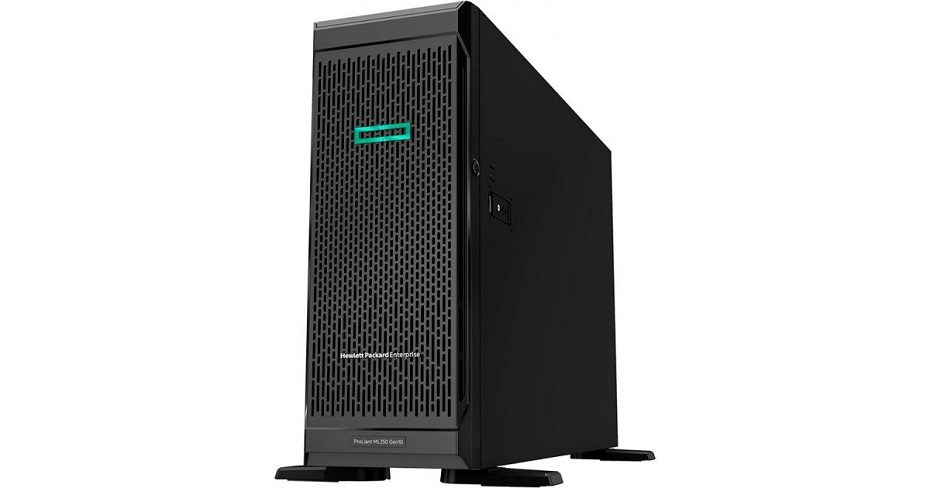The Best Server for VMware Home Lab

Setting up a VMware home lab is an excellent way for IT professionals and enthusiasts to gain hands-on experience with virtualization technologies. Whether you're exploring VMware for personal development or preparing for a career in virtualization, having the right server is crucial for a smooth and efficient lab environment. In this article, we will explore the best server options for a VMware home lab, specifically focusing on DELL and HP servers.
Hardware Requirements for VMware Home Lab
Before diving into the server recommendations, let's briefly discuss the hardware requirements for a VMware home lab. While the specific needs may vary depending on your workload and the number of virtual machines (VMs) you intend to run, here are some general guidelines:
-
CPU: Look for a server with a multicore processor that supports virtualization technologies like Intel Virtualization Technology (Intel VT) or AMD Virtualization (AMD-V). Aim for at least a quad-core processor to handle multiple VMs effectively.
-
Memory: Sufficient memory is crucial for running multiple VMs simultaneously. Aim for a minimum of 16GB of RAM, but consider scaling up to 32GB or even 64GB if your budget allows.
-
Storage: Choose a server with ample storage capacity to accommodate your VMs and associated files. Opt for fast and reliable storage options like Solid State Drives (SSDs) or RAID configurations for better performance and data redundancy.
-
Network: Ensure that the server has multiple Gigabit Ethernet ports to support networking between VMs and other devices in your lab.
Now, let's explore the top server choices from DELL and HP that are well-suited for a VMware home lab.
3 Best DELL Servers for VMware Home Lab
DELL PowerEdge R640

This compact rack server offers an excellent balance of performance and scalability. With support for dual Intel Xeon processors, up to 24 drive bays, and a maximum memory capacity of 3TB, the PowerEdge R640 can handle demanding virtualization workloads with ease. It also provides advanced management features and redundant power supply options.
DELL PowerEdge T440

If you prefer a tower server, the PowerEdge T440 is a great option. It features dual Intel Xeon processors, up to 16 drive bays, and a maximum memory capacity of 3TB. The T440 offers expandability and versatility, making it ideal for a VMware home lab where space is not a constraint.
DELL PowerEdge R740

For those who require even higher performance, the PowerEdge R740 is a powerhouse. With support for up to three double-width GPUs, dual Intel Xeon processors, up to 16 drive bays, and a maximum memory capacity of 3TB, this server is designed for intensive virtualization workloads and GPU-accelerated applications.
3 Best HP Servers for VMware Home Lab
HPE ProLiant DL380 Gen10

The DL380 Gen10 is a popular choice for VMware home labs. It offers dual Intel Xeon processors, up to 30 drive bays, and a maximum memory capacity of 3TB. The server also provides enhanced security features, flexible storage options, and excellent management capabilities.
HPE ProLiant ML350 Gen10

If you prefer a tower server, the ML350 Gen10 is worth considering. It features dual Intel Xeon processors, up to 24 drive bays, and a maximum memory capacity of 3TB. The ML350 Gen10 offers expandability, reliability, and easy serviceability.
HPE ProLiant DL360 Gen10

The DL360 Gen10 is a compact and versatile server suitable for VMware home labs with limited space. It offers dual Intel Xeon processors, up to 10 drive bays, and a maximum memory capacity of 3TB. The server provides high performance and efficient power utilization, making it an excellent choice for virtualization enthusiasts.
Conclusion
When building a VMware home lab, selecting the right server is essential for a successful and rewarding experience. Both DELL and HP offer a wide range of servers that meet the hardware requirements and deliver optimal performance for virtualization workloads. The DELL PowerEdge R640, PowerEdge T440, and PowerEdge R740 are solid choices, while the HP ProLiant DL380 Gen10, ProLiant ML350 Gen10, and ProLiant DL360 Gen10 are excellent alternatives. Consider your specific needs, budget, and space constraints to choose the best server that suits your VMware home lab requirements. Happy virtualizing!